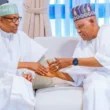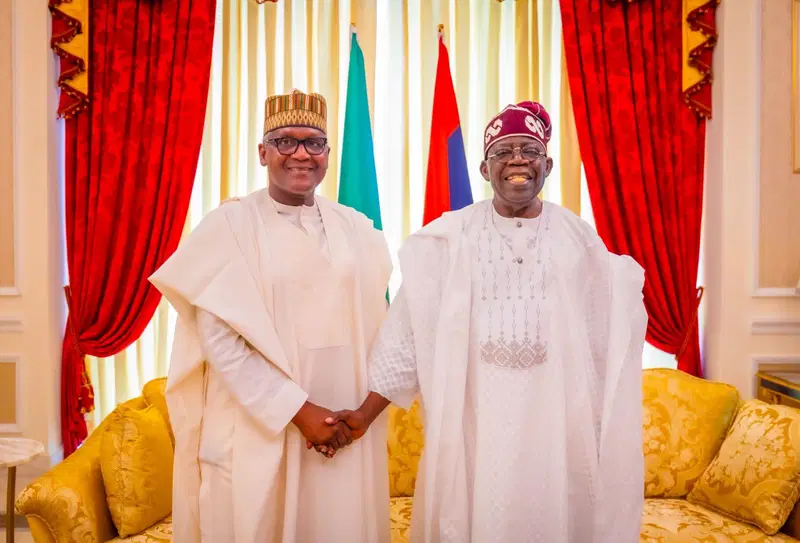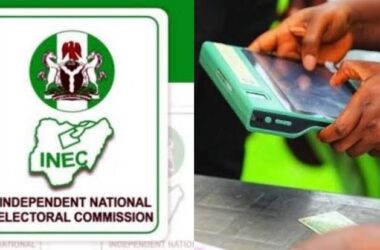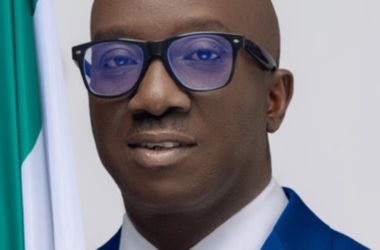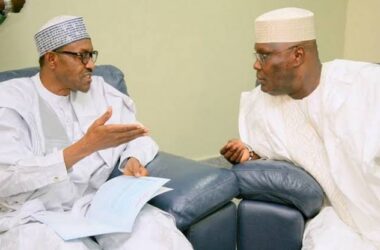President Bola Tinubu, alongside top Nigerian business leaders and government officials, is actively working on a new policy to shift oil transactions from U.S. dollars to the local currency, naira. This policy aims to strengthen Nigeria’s economy by reducing dependency on foreign currency in crude oil sales.
The high-level meeting took place at the Aso Rock Presidential Villa in Abuja, where the President received a report from the Implementation Committee on Crude Oil and Refined Products Sales in Local Currency.
Leading the committee was Finance Minister Mr. Wale Edun, joined by Aliko Dangote, Chairman of the Dangote Group, and Mele Kyari, Group CEO of the Nigerian National Petroleum Company Limited (NNPC). Sources report that the delegation arrived at the Council Chamber shortly after 2:00 pm, prepared to discuss details of the policy and its potential impact on Nigeria’s economy.
This policy, introduced earlier in October, allows Nigeria’s government to sell crude oil directly to the Dangote Refinery in naira rather than the U.S. dollar. Approved by the Federal Executive Council (FEC), the initiative is aimed at supporting the stability of domestic fuel prices, reducing reliance on foreign currency, and creating a stronger national currency. The government hopes this strategy will also improve the accessibility of petroleum products within the country, benefiting both businesses and consumers.
The Dangote Refinery, which will require substantial supplies of crude oil annually, is expected to reciprocate by selling refined petroleum products, such as gasoline and diesel, in naira. This move is anticipated to reduce costs tied to importing fuel and to simplify currency exchange processes. Financial experts, including those from the Central Bank of Nigeria (CBN) and AfreximBank, are also supporting this transition, which is projected to cut down the demand for foreign exchange by nearly 40 percent.
However, the journey to implementing this policy has not been without challenges. In September, a pricing conflict between the NNPC and the Dangote Refinery surfaced when NNPC claimed it purchased petrol from Dangote at an elevated rate of N898 per liter. Dangote’s representatives disputed this, calling it “misleading” and clarifying that the final pricing terms had not yet been confirmed.


